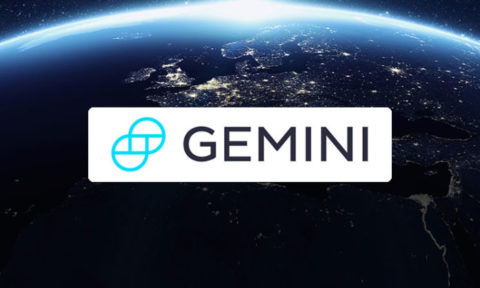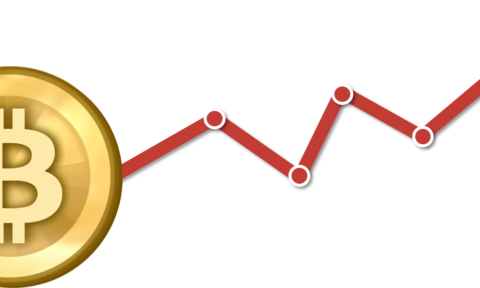Blockchain has revolutionized so many industries out there, from throwing out the traditional economic system right through to creeping into the energy and medical industries, now there are rumors that Blockchain might just be heading out into food as well.
See Where Your Food Has Come From
The desire to know where our food originates has been a growing demand within the consumer consciousness for the past few years, and the movement has continued to grow exponentially. Recent findings have stated that consumers feel that the knowledge of where the food was grown or produced is just as, if not more of a pivotal concern than factors such as price or the overall quality of the food.
However, there are other factors inspiring the need for intervention such as the overall safety of food, with outbreaks of pathogens in food such as Listeriosis in South Africa. Another overwhelmingly dominant concern is the desire for consumers to support their local economies either at a community level or on a national scale, over that of the global economy.
Blockchain has the ability to assist in all these and potentially more avenues through its ability to recognize and log each step of a food products journey, from the planting of the seed out on a farm in the middle of the countryside right through to it’s journey to the supermarket in the middle of the city. Through blockchain’s ability to create a record for each significant moment of the process of an item, the ability to detect not only things such as the origin of the product but also the likelihood of contamination or interaction with illegitimate parties becomes a far easier process.
This Is Being Implemented Now
The use of blockchain as a supply chain management system is already in full swing in certain supermarkets in the European Union. Carrefour SA has utilized blockchain in order to empower its consumers to be able to trace their meat products from the aisle in the grocery store right back to the farm where it all began.
Carrefour SA has stated that they aim to not only increase the engagement with consumers who are eager to eat only food that was produced by local farms and other organic fundi’s, but they rather want to be a part of a global aim to eradicate mis-practices within the food industry such as mislabeling.
Other places of interest within the food industry for blockchain include the management of waste, as many people are aware the rise of food waste is a very troubling issue within not only the United States but around the world as well. There are a wide variety of issues contributing to the high production of food waste within the US, such as when poor planning leads to food degradation in route to the grocery store.
Blockchain technology has the possibility to manage not only better logistical efforts on the part of suppliers, but it also has the ability to not only record but possibly find ways to significantly reduce the carbon footprints of food producers.











